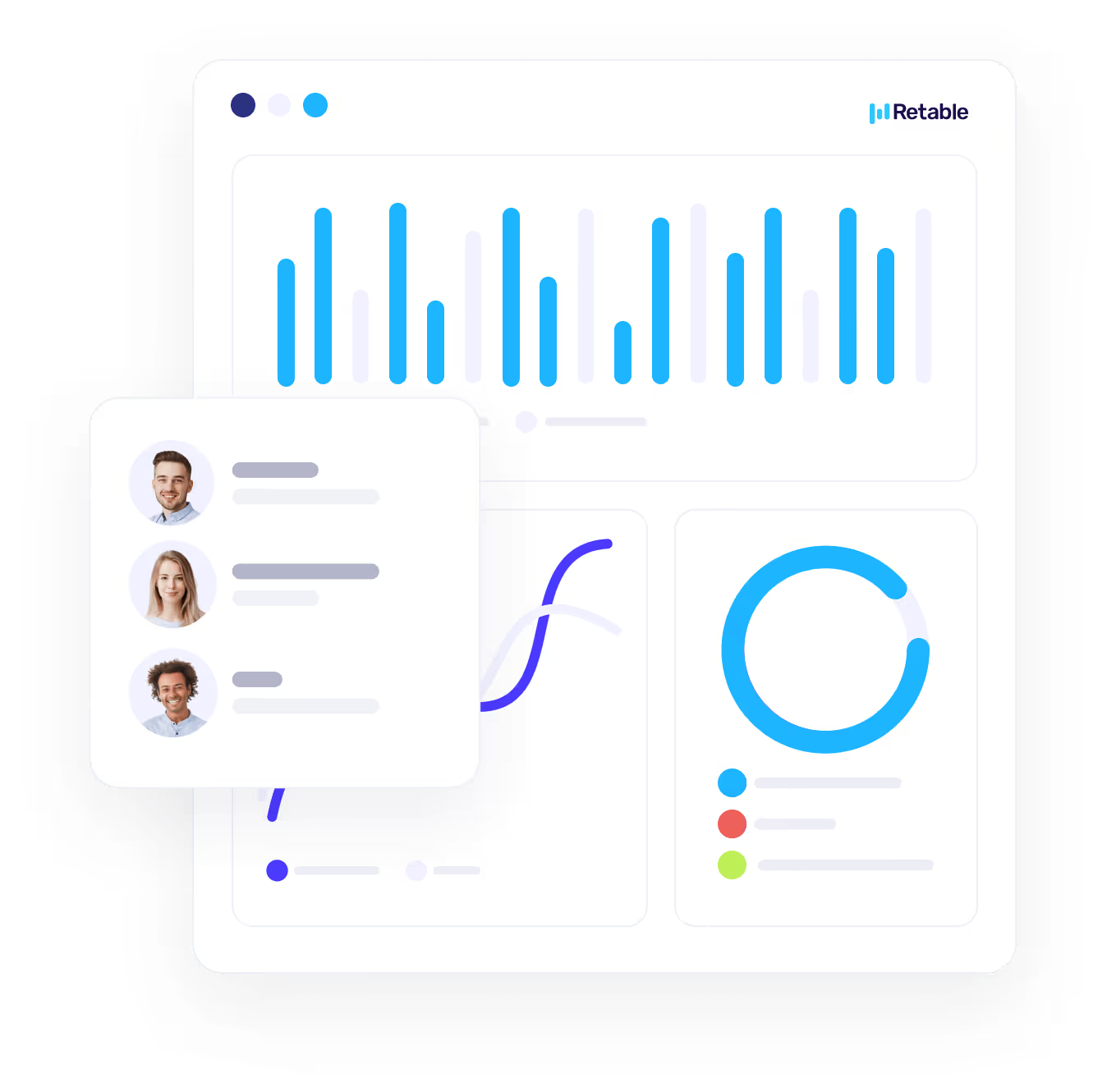Dive into the technical world of Retable where API keys unlock the power of automation and integration. Understanding how to create and manage your API key is crucial for secure and effective API calls, ensuring seamless interaction with your Retable database. Let’s guide you through the process of generating a new API key, enabling it, and integrating it into your applications. 🌟
Table of contents
- What is the API key?
- Accessing your Retable API Key
- Creating a new API key
- Using your API key
- Best practices for API key management
What is the API key?
An API key is a unique identifier used to authenticate a client making API requests. It acts as a secret token that allows you to access the features and data of Retable, in a secure and controlled manner. By including the API key in your API requests, you can ensure that only authorized users and applications can interact with your database, automate tasks, sync data, or build custom integrations. Proper management of API keys, by keeping them confidential is essential for maintaining the security of your data and applications.
Accessing your Retable API Key
Accessing your Retable API key is a straightforward process designed to ensure you can securely manage your data integrations and automation.

- Click on your username located at the top right of the Retable dashboard to access your user settings.
- Select the “API” option from the menu
Creating a new API key

- Click the “Create new API key” button to generate a new key. This key is constant and won’t change unless you decide to regenerate or delete it.
- Assign a recognizable name to your new API key for easier management, especially if you plan to use multiple keys.
Using your API key
- Ensure your API key is enabled post-creation; an inactive or disabled API key will return a “423 Locked” status.
- Each team Retable user can have up to 2 API keys, allowing you to separate and control access for different applications or environments.
- Be mindful of the API rate limit, which is set at 12 calls per second. Exceeding this limit will result in an error, so plan your API interactions accordingly.
- All your API requests must include the generated API key in the ApiKey header to be authenticated. Without it, your requests will return an Unauthorized Error.
Best practices for API key management
- Keep your API key confidential: Always keep your API key confidential to prevent unauthorized access to your Retable data.
- Regularly review and rotate keys: Periodically review your API keys and regenerate them if you suspect any compromise.
- Monitor API usage: Regularly monitor your API usage to ensure compliance with rate limits and detect any unusual activity.
- Utilize naming conventions: Use descriptive names for your API keys to easily identify their purpose and associated applications.
Creating your API key in Retable is a gateway to advanced data management, enabling you to automate tasks, sync data, or build custom integrations. By carefully generating, naming, and enabling your API key, you set the stage for a robust and secure connection to your Retable workspace, unleashing the full potential of your data-driven projects. 🚀
Achieve new heights of collaborative efficiency with Retable! Sign up for free today and explore the Retable Academy, where you'll find a wealth of resources including tutorials, guides, and tips. These materials are crafted to help you master Retable's robust features and enhance your data management skills.
more
Related Resources
Create your smart data management solution
Plan, track, and analyse with your ease. Transform your data with an all-in-one platform, collaborate with your teammates.
Try for free!
.avif)
.avif)
.avif)
.avif)
.avif)